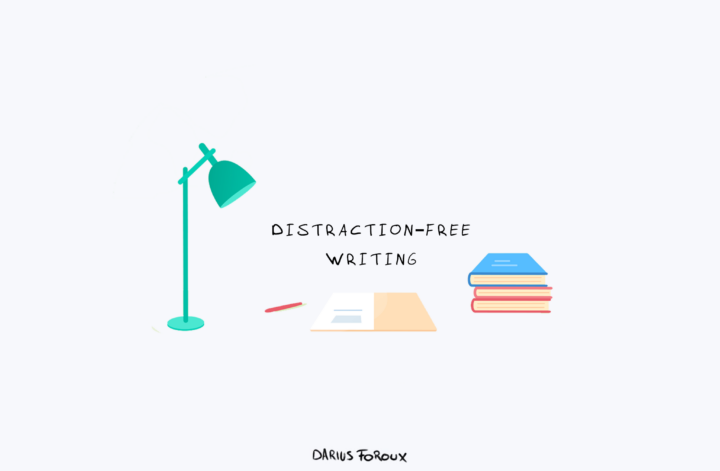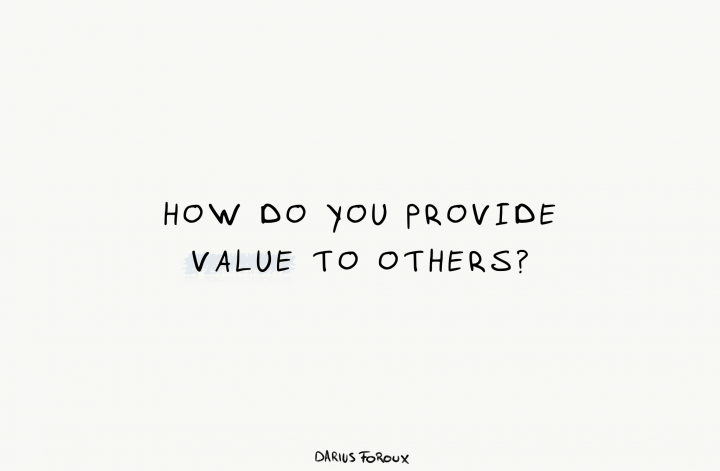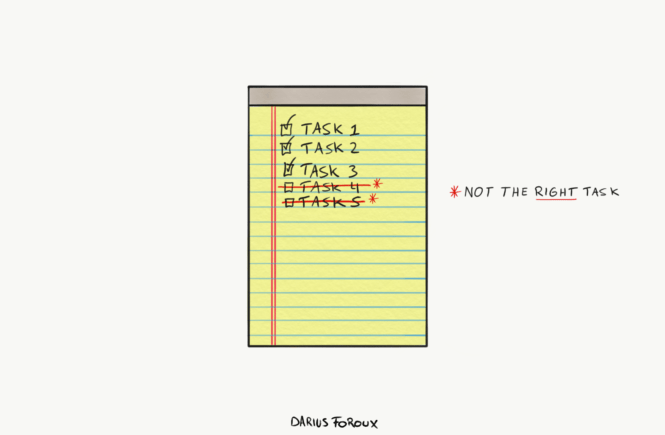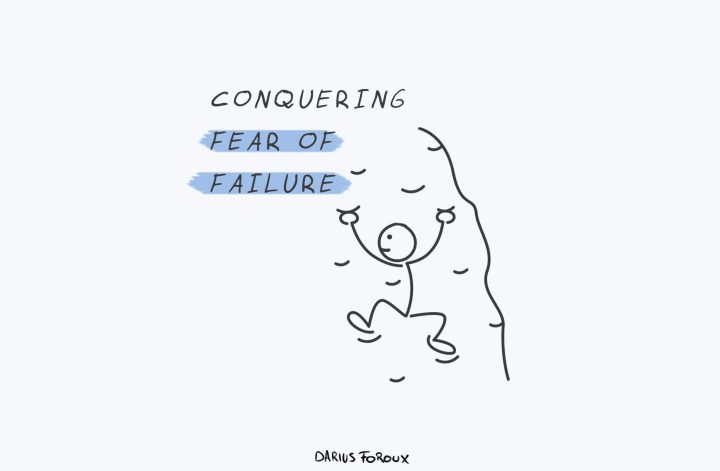As a writer, I’ve always been intrigued by the routines and tools of others. After all, if it’s working for them, there’s a good chance it could work for me too. For years, I’ve been developing a good writing routine.
For those of you who are curious or maybe even struggling to find your own writing rhythm, let me share my routine with you.
This is the routine I’ve been using for the past 5 years to generate 6-figures of income per year, from writing alone. It’s focused on writing articles and books. You can use the same to write for social media and other platforms though.
Let’s start.
- Write down article ideas as you go through life. As I move through my day, I keep a sharp eye out for article ideas. It’s like second nature to me now — seeing everything as potential writing material. Whether it’s an overheard conversation in a café or a thought that pops up during a workout, each potentially holds the seed of a compelling story.
- Write down the title. I always start with the title in mind. I make these notes in the app I write in, Ulysses. I want to avoid friction. I don’t want to use different types of apps.
- Give yourself details. Sometimes I come back to my writing or journaling app to see article ideas that only have a title. But I can’t recall what it’s about. So you need to give yourself more details. Sometimes I make a picture of the book that I got the idea from. Sometimes I share a link to an article. But I always write one or two sentences about what the article is about.
- At a later stage, make an outline. Then create a dedicated time for writing. Open your app. Start doing research. Think about a unique angle. What’s your point? Then make an outline.
- Manage distractions. When I open my laptop to write, I always want to do everything BUT write. The internet is a treasure trove of distractions. To avoid getting lost in this rabbit hole, I manage my activities and limit my exposure to potential distractions during my writing time. When I wake up, I start writing.
- Start writing. Once the groundwork is done, it’s time to start writing. I begin by filling in the blanks in my outline, paying special attention to the introduction. The start of each post is crucial as it sets the tone for the rest of the article. Always add a personal twist to what you write. It must be something only YOU can write.
- Edit your post later. Editing while writing can disrupt the flow of thoughts. So, I leave the editing part till the end. Once I have the first draft ready, I revisit it with a critical eye, fine-tuning the text and structure.
- Make a unique visual. An article is more than just words. A unique visual that goes with the post can make it more appealing and memorable. So, I invest time in creating or finding the perfect visual to accompany my writing.
- Share your post with readers. Once the article is polished and ready, I share it with my readers. Newsletters are my preferred mode of distribution as they help me maintain a direct relationship with my audience.
- If you write a book, use the same process for each chapter. If I’m writing a book, I use the same process for each chapter, treating them like individual articles. This makes the seemingly daunting task of writing a book more manageable and less overwhelming.
- But before you write the book, make sure the topic is unique. When it comes to choosing a topic for a book, I make sure it’s not something that’s been done to death. Whether it’s about focus or productivity, the topic needs to offer a fresh perspective to stand out from the crowd.
Writing is not just a talent, it’s a process, a routine that you have to commit to every single day. And each day brings with it new ideas, new inspirations, and new challenges. It’s how you navigate through these that determines your success as a writer.
Remember, there’s no one-size-fits-all approach when it comes to writing. What works for me might not work for you. The key is to keep exploring and to keep experimenting until you find what works best for you. And once you do, stick with it, refine it, and make it your own.
Writing is a process. Your writing evolves as you evolve. The beauty of it all is that you get to share this journey with your readers, impacting their lives in more ways than you can ever imagine.
So, keep writing, keep sharing, and most importantly, keep growing. After all, a writer who stops learning stops captivating.




